- BY TSGAdmin_
- WITH 0 COMMENTS
- PERMALINK
- STANDARD POST TYPE

Upper Hunter Shire Council — 2017
Stafford Strategy was commissioned to develop a Business Case, on behalf of the Upper Hunter Shire Council, to seek grant funding from the NSW Regional Growth Fund to construct an Aviation Visitor Attraction and supporting aerodrome infrastructure at the Scone Regional Airport. The Business Case identified the need to stimulate the visitor economy and included a comprehensive cost-benefit assessment demonstrating the financial viability of the attraction.

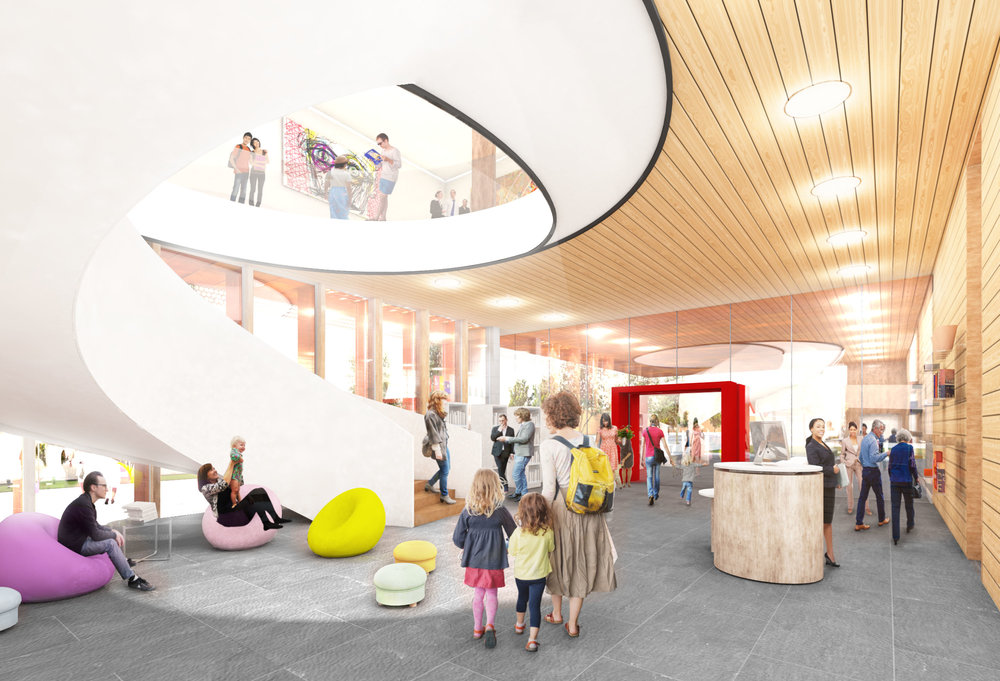

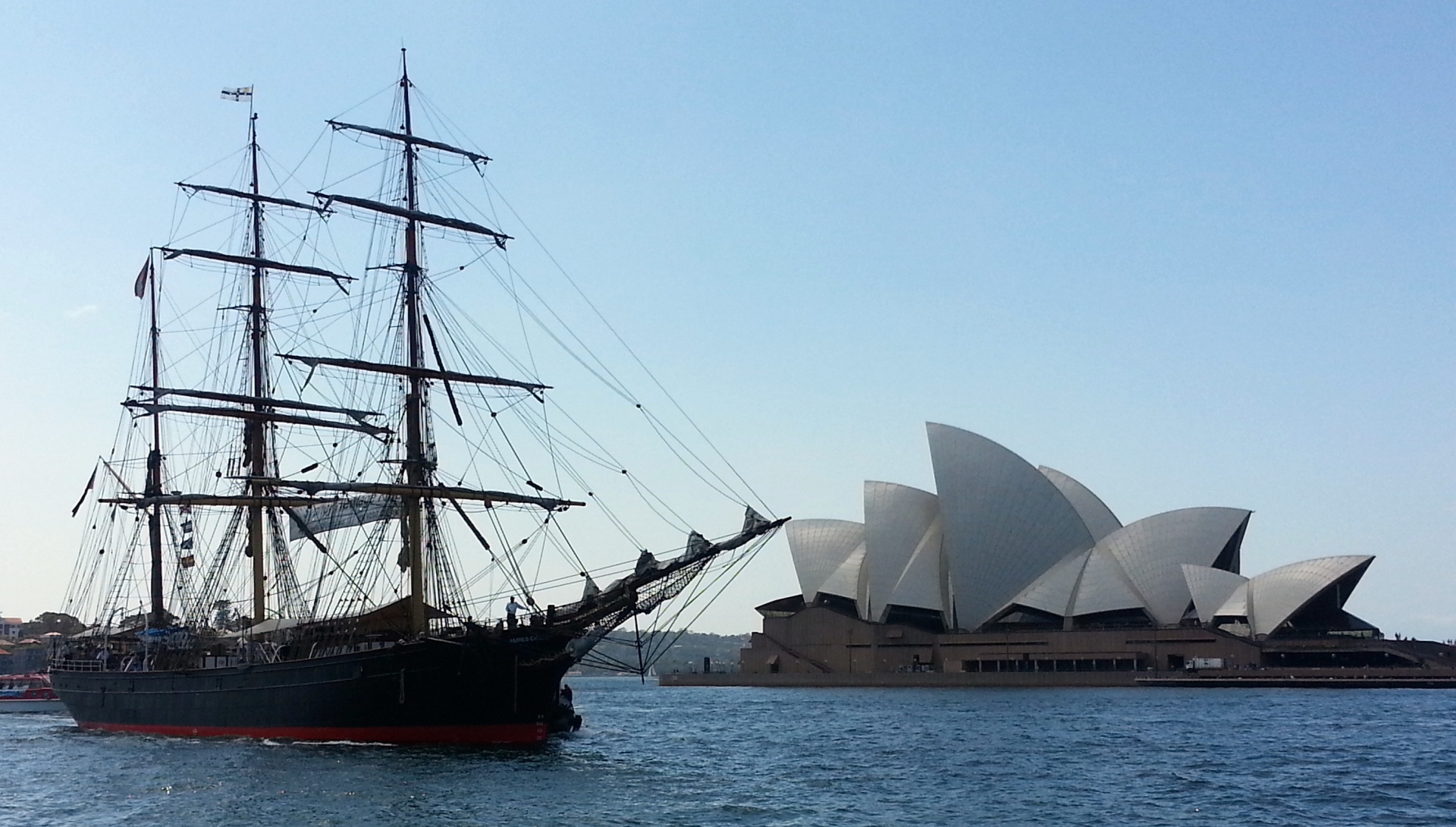
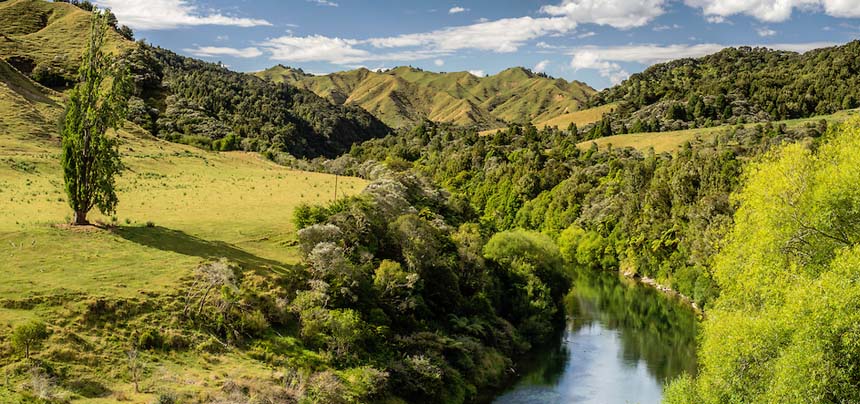
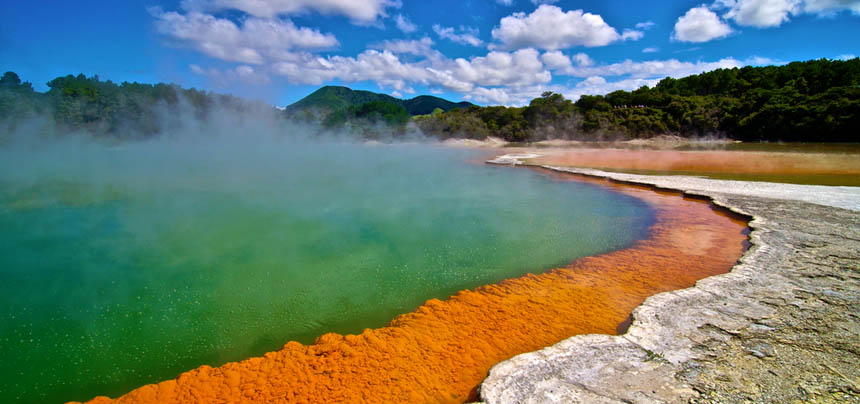
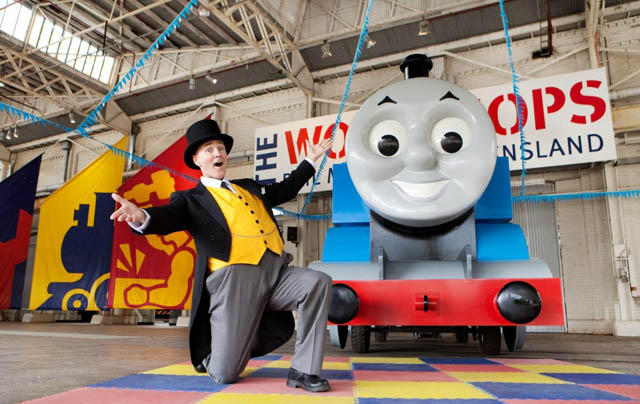
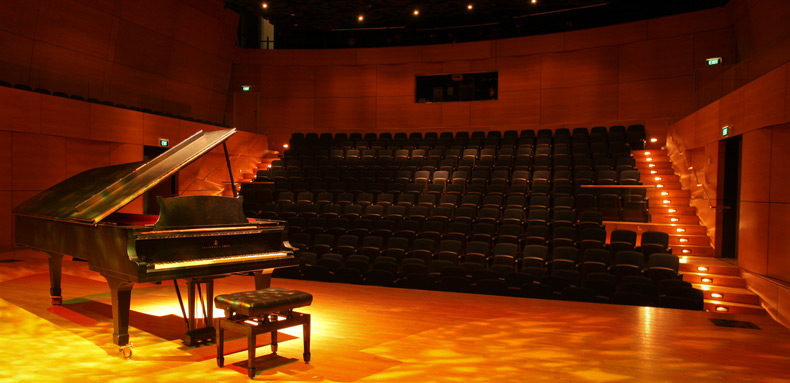
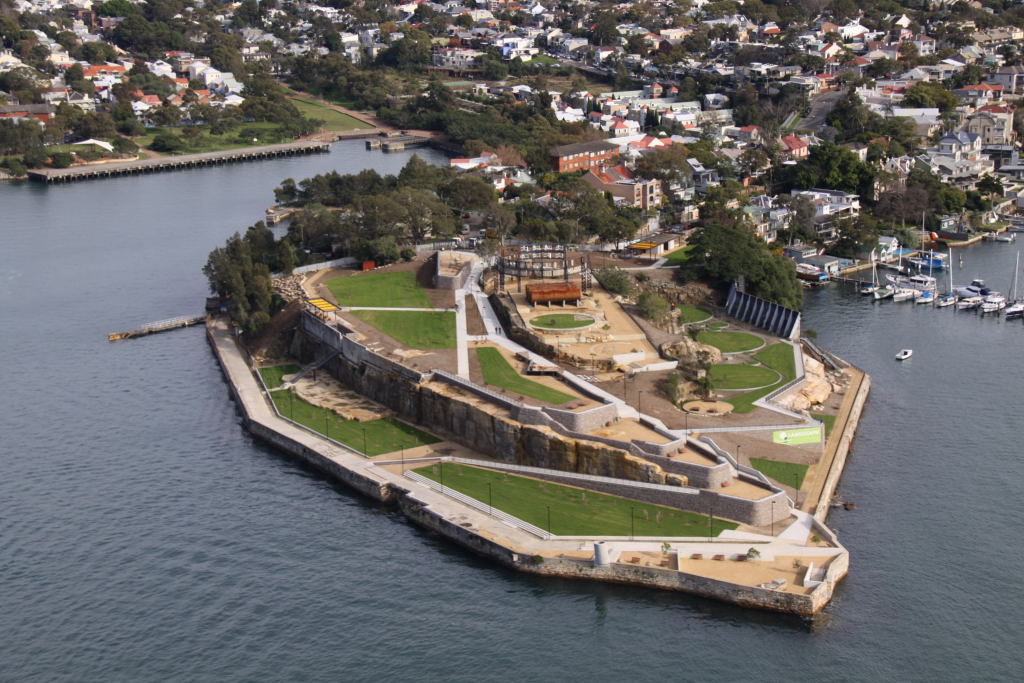
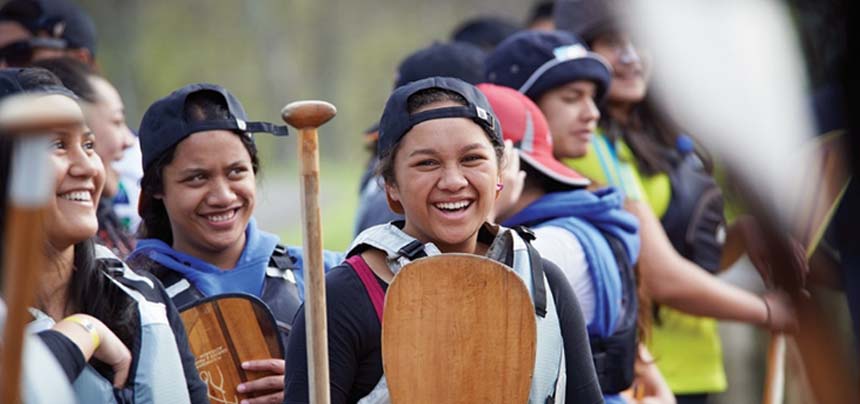
Recent Comments